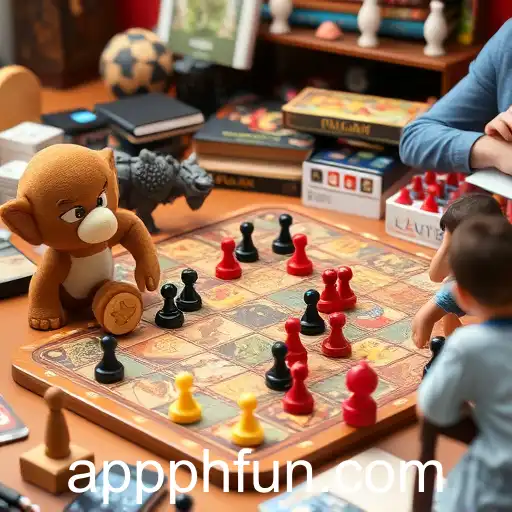
In recent years, the landscape of education has been transforming significantly, with digital platforms leading the charge. One notable trend in this transformation is the integration of game-based learning, which has been gaining momentum among educators and students alike. At the forefront of this change are English-language game websites like 'phfun', which offer a compelling blend of education and entertainment.
As of 2025, the relevance of these platforms has only grown, providing students with an environment where learning is synonymous with play. The shift towards digital classrooms driven by unprecedented global events such as the pandemic has accelerated the acceptance of non-traditional educational tools. Game-based learning platforms incorporate interactive elements that make concepts come alive, encouraging active participation from students across age groups.
Experts argue that incorporating games in education caters to different learning styles, enhancing cognitive skills such as problem-solving, critical thinking, and decision-making. By making education engaging, these platforms help to reduce the monotony often associated with conventional learning methods.
Moreover, the social dynamics within multiplayer game-based learning environments promote collaboration and communication skills. As students navigate through various challenges within these games, they learn to work together, sharing knowledge and strategies to achieve common goals.
With the rise of AI integration in game-based platforms, personalized learning experiences have become possible. These tools can adapt to the individual needs of learners, offering tailored exercises that focus on their strengths and improving areas where they struggle.
While some critics argue that excessive use of digital games might distract rather than educate, proponents emphasize balanced integration. Parents and educators are encouraged to set boundaries and ensure that these platforms enhance rather than hinder educational growth.
As we continue to explore the boundaries between playing and learning, digital platforms like 'phfun' are likely to evolve further. They represent a paradigm shift in how education is perceived, offering a glimpse into the future where learning is interactive, engaging, and rewarding.


